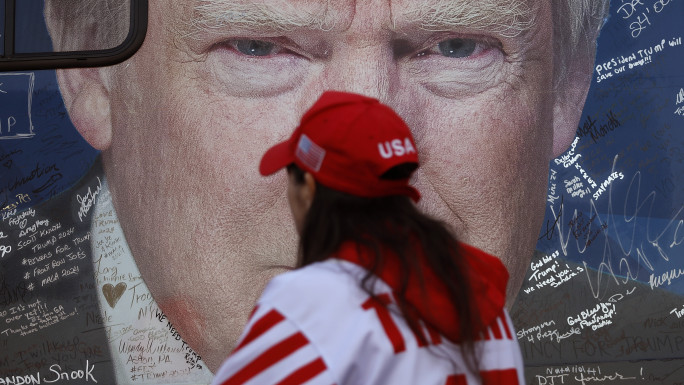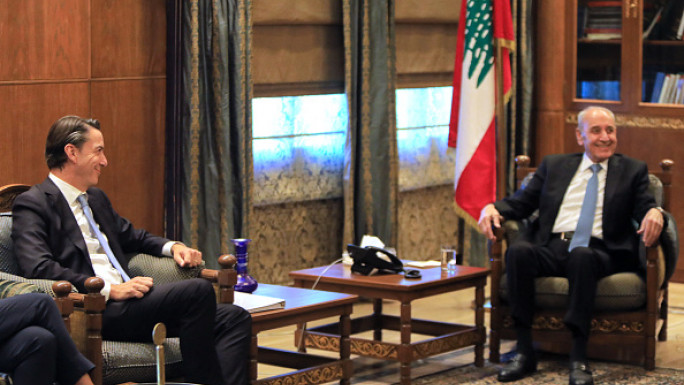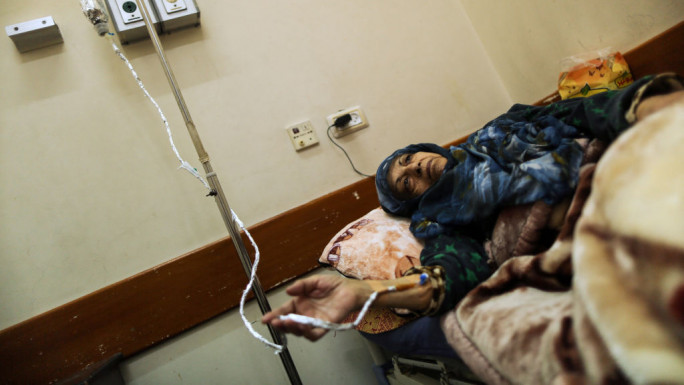Saudis rejected US request to delay oil production cut: report
Saudi Arabia rejected a US appeal for the OPEC+ cartel to delay its recent oil production cut, according to a Wall Street Journal report published on Tuesday.
Sources who spoke to the news outlet said US officials warned their Saudi counterparts that the production cut would be seen as indication that Riyadh was siding with Moscow in its war on Ukraine and would further weaken support for the Saudis in Washington.
In a bid to persuade the Saudis, US officials said the Americans would buy oil on the market to replenish stockpiles if the price of Brent fell to $75 per barrel, Saudi and US government sources told WSJ. The offer was rejected.
The offer was reportedly seen by Riyadh as an attempt by the Biden administration to delay bad news until after the midterm elections - a charge which US officials have rejected.
"It's categorically false to connect this to US elections," National Security Council spokeswoman Adrienne Watson was quoted by WSJ as saying. "It's about the impact of this shortsighted decision to the global economy."
The Saudi-led OPEC+ group agreed to significant oil production cuts last week, curbing supply in a tight market and raising the possibility of higher petrol prices just as Washington seeks to limit Russia's energy revenue because of the invasion of Ukraine.
The move drew a sharp response from US President Joe Biden, who was disappointed by what the White House called the "shortsighted" cut, underscoring the growing rift between the United States and Saudi Arabia on energy policy.
On Tuesday, US National Security Spokesman John Kirby said President Biden was re-evaluating the relationship with Riyadh.
"I think the president's been very clear that this is a relationship that we need to continue to re-evaluate, that we need to be willing to revisit," Kirby said in an interview with CNN. "And certainly in light of the OPEC decision, I think that's where he is."
This followed calls from US lawmakers for Washington to withdraw from key areas of cooperation with Riyadh.
On Monday, Bob Menendez, the Democratic chairman of the US Senate Foreign Relations Committee, called for a freeze on cooperating with Saudi Arabia, including on most arms sales.





 Follow the Middle East's top stories in English at The New Arab on Google News
Follow the Middle East's top stories in English at The New Arab on Google News
![A picture shows the occupied West Bank village of al-Eizariya behind Israel's Apartheid wall on the outskirts of East Jerusalem [Getty Images]](/sites/default/files/styles/image_330x185/public/2022-11/GettyImages-1200150515.jpg?h=eec5a94e&itok=Q0NIO_eW)
![The op-ed used spurious Biblical justifications to lay claim to the southern Lebanese city of Sidon [Getty]](/sites/default/files/styles/image_330x185/public/2024-11/GettyImages-149261870.jpg?h=69f2b9d0&itok=d2wjWSis)
